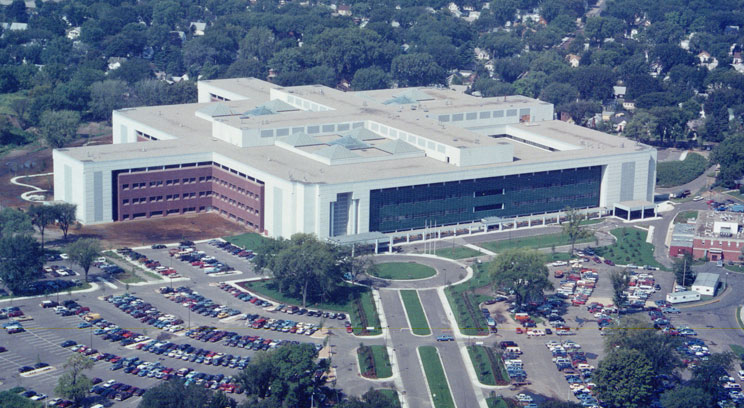The resignation of the VA Secretary General Eric Shinseki will not solve the problem of long waiting times for needed health services and the subsequent cover-up in VA healthcare. However, this unfortunate scandal provides an opportunity to exercise the systems-thinking skills we teach here in the Opus College of Business in order to identify the root cause of this problem and a possible answer. Here is my analysis:
First, demand for services at the VA is very high today due to aging of Vietnam era veterans, the entry of wounded warriors from the Iraq and Afghanistan wars and other recent expansions in eligibility. This increasing demand was placed on a system with limited resources and no ability to expand quickly. In addition, the VA management system had in place a “bonus” system with waiting time goals that were a fantasy (the real performance could have been predicted using queuing theory). Hence the pressure on line workers at some hospitals to fabricate reported waiting times.
The major causal force in this system is the VA’s monopoly on this market segment. If veterans had vouchers to go anywhere, many would leave the VA system and VA managers would have a strong incentive to improve. In addition, if the VA was a competitive system that could attract private patients with its commercial insurance, it would have the funds to make needed expansions in facilities and staff.
My vision for the VA is based on my experience at Hennepin County Medical Center where I worked for 30 years and was CEO for eight. During my era it was a department of Hennepin County – a government hospital. However we were encouraged to compete in the very aggressive Twin Cities market – and we were given the tools: enterprise accounting, flexible HR systems, a robust marketing team, etc. We did well with less than 10 percent of our budget provided by Hennepin County and the hospital continues today to be ranked as one of the top 100 hospitals in the country. The secret sauce was competition.
We have had many Minneapolis VA staff and doctors in the health care programs at the Opus College of Business and they are all great talents working in an overly bureaucratized system. They would shine in a competitive system – especially one that had specialized resources designed for veterans.
Congress will be debating the future of the VA health care in the upcoming months – let’s hope they will set it free.
Daniel McLaughlin, M.H.A, is the director of the Center for Health and Medical Affairs. WCCO-TV interviewed McLaughlin for its "Good Question" segment on VA care.







